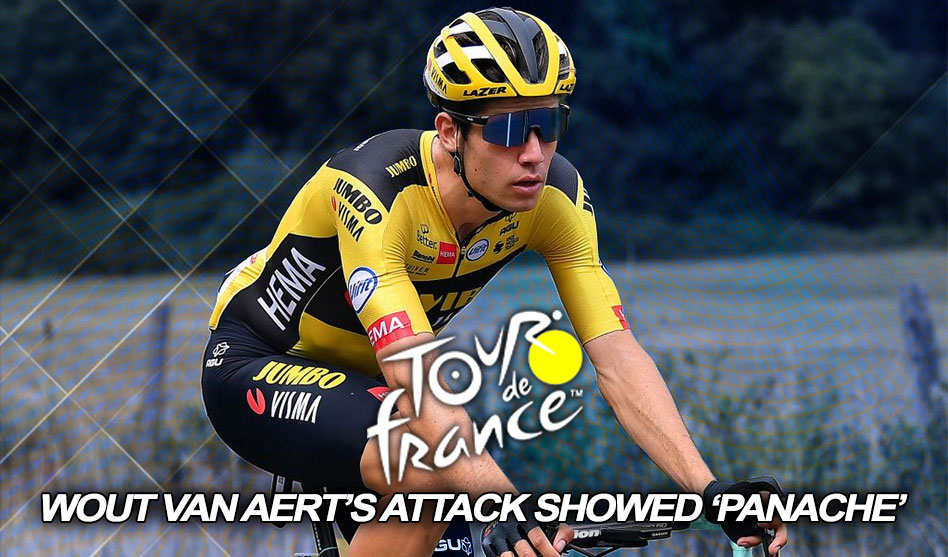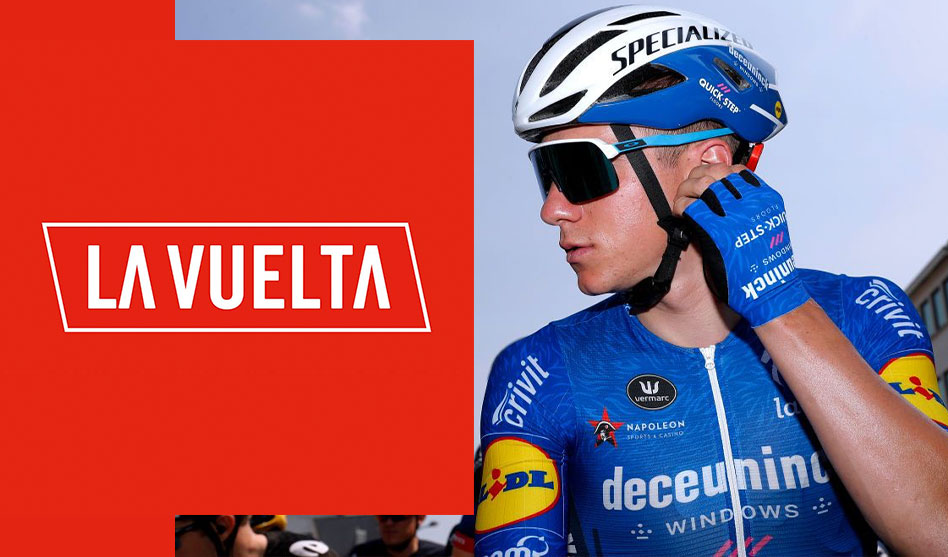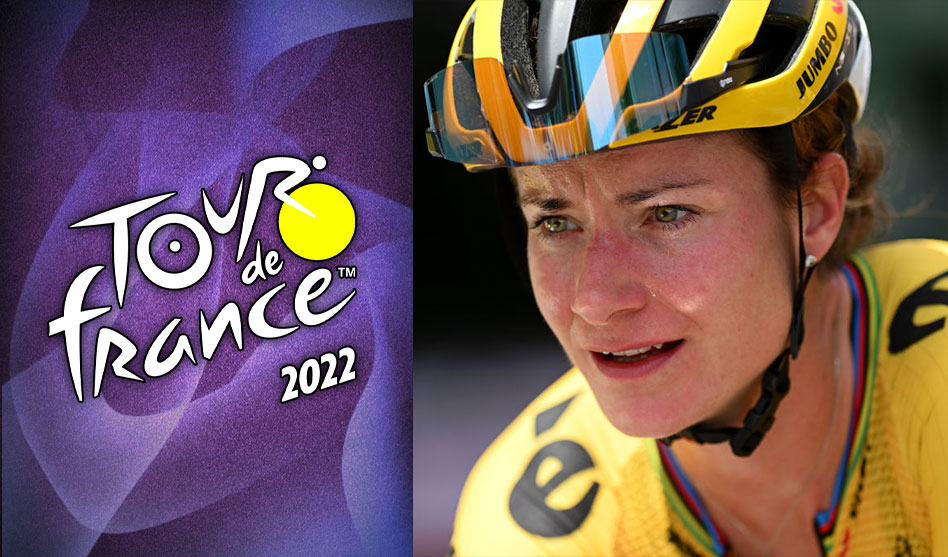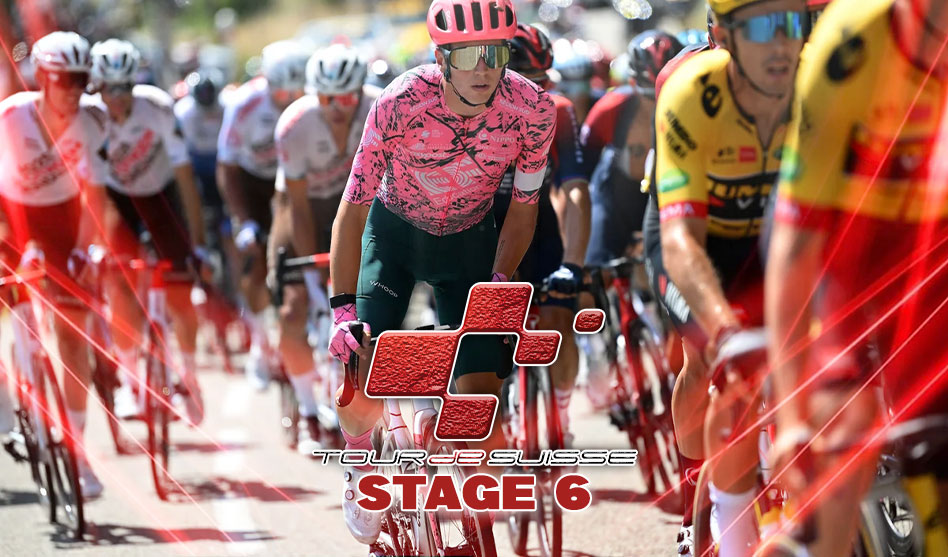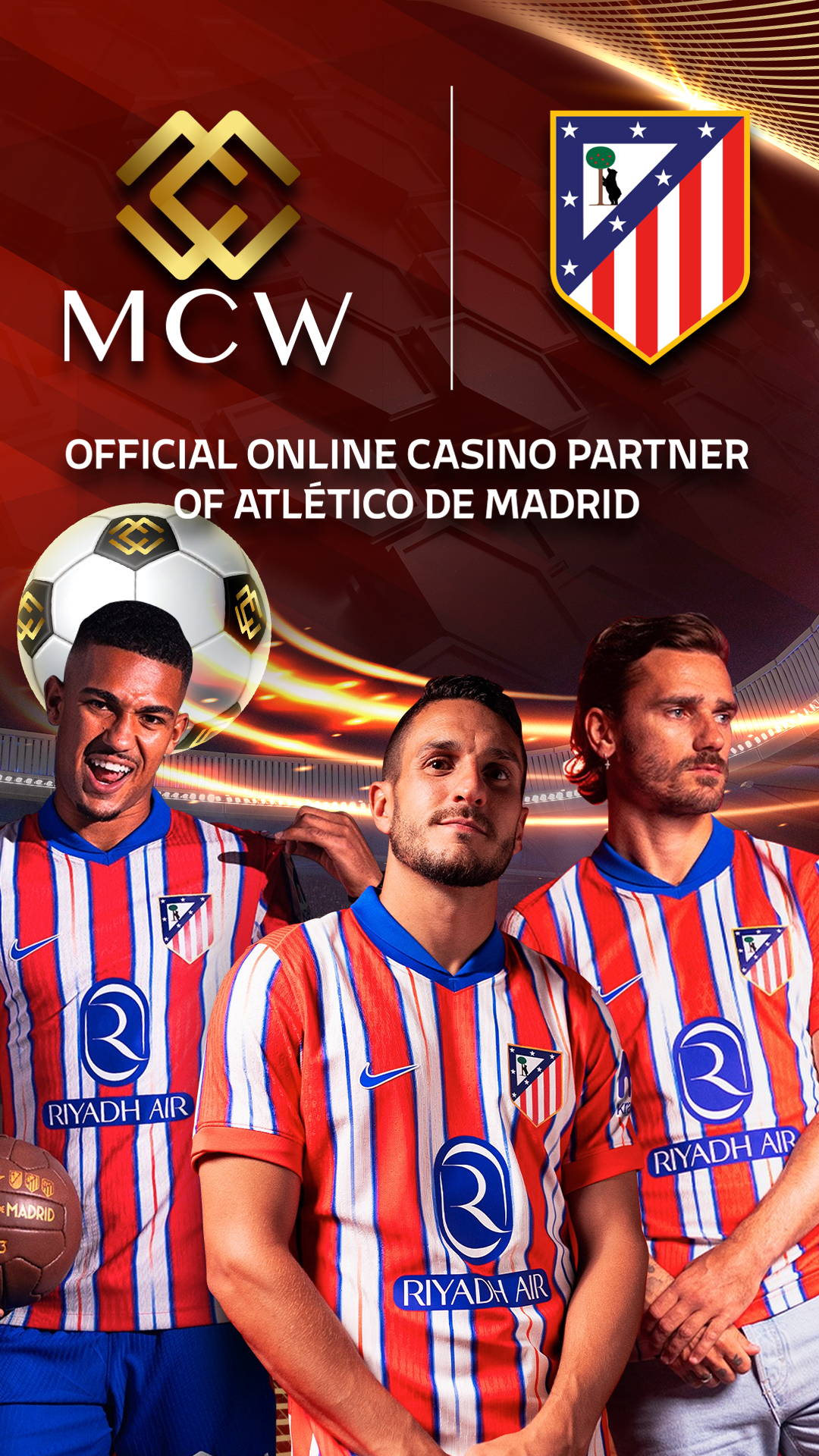According to The BikeExchange-Jayco DS, Michael Matthews could have defeated Tadej Pogačar if he had been in a better position at the uphill finish.
LONGWY, France (VN) — Many people, including BikeExchange-Jayco sport director Matt White, were taken aback by Wout van Aert “go hard or go home” attack on stage 6 of the Tour de France.
After more than 80 kilometers of all-out racing, Van Aert joined Quinn Simmons and Jakob Fuglsang in a three-man breakaway that eventually went clear.
White and many others were taken aback by how much Van Aert committed to the play despite the fact that they had anticipated him to try; they described it as an “all or nothing” attack that left the Belgian with nothing. With little over 10 kilometers remaining, Van Aert was caught and finally lost 7:28 to the front group, which was led home by Tadej Pogačar.
White told VeloNews that it was clear how Van Aert showed his aggressiveness from the start because Jumbo Visma’s objective here is not to ride to conserve energy for the rear of the race. “The thing that is a little bit confusing is how aggressive he rode. It was obviously an all-or-nothing attack. It was going to be pretty hard to pull off against the peloton. It was all or nothing and he ended up with nothing. It was a brave ride, and it showed a lot of panache but today it cost him the yellow jersey and granted it to Pogačar,” he continued.
With nearly 220 kilometers, Stage 6 of the Tour de France from Binche to Longwy was the longest of the competition. Many people wanted to have an easy day in the group after a difficult day on the cobbles, but the urge to get into breakaway caused a fast and frantic start to the day.
In the first two hours of racing, the riders covered approximately half of the stage’s distance, and the race’s final average speed was above 49 kph. Among those attempting to join the action was BikeExchange-Jayco, but it reversed course when Van Aert and company moved up the road.
They had two choices, according to White: They could either push Nick Schultz or Michael into a big break with one of their big players or if a sprint was necessary—which they did not anticipate—it was to put Michael in the best possible position. “A lot of people didn’t and nobody wanted to ride on the longest stage of the Tour de France. It’s why we knew it would be aggressive, but as aggressive as it was, no. That was crazy; in two hours of racing we did 100 kilometers.”
According to them, they were never going to give Fuglsang two minutes, and they were not going to give Van Aert another chance, so the timing of that action involving them was ideal. They stated that as the race drew nearer, it became clear that the other teams’ strategies were leaving Van Aert out there to fry for as long as possible before bringing him in forcefully on the final hill and attempting to drop him in the final, which they were successful in doing.
One of the few fastmen in the group who could support the climbers’ wheels as they ascended the last hill was Matthews. After the Slovenian attacked inside the final 400 meters, he attempted to reel Pogačar in, but he ran out of steam before the finish line and was forced to accept second place.
According to White, the team misjudged its positioning in the final race, and Matthews could have defeated Pogačar if he had been close to his wheel. “If he was on the wheel. The only mistake we made was that Michael got boxed off the wheel in the last 500,” according to White. He continued, saying that you can’t give the best bike racer in the world three or four bike lengths and expect to reel him in over that short of a time, but he thinks that there was a chance the athlete could have won the stage today if he had been on the wheel of Pogačar when he accelerated. “Michael had a great ride and there was great commitment from our boys. Second place is nothing to sneeze at.”
“There’s no lack of confidence here. We’ve got a stage win, a second place, and that’s a chance for Michael but there’s going to be plenty more coming up.”

 English
English


